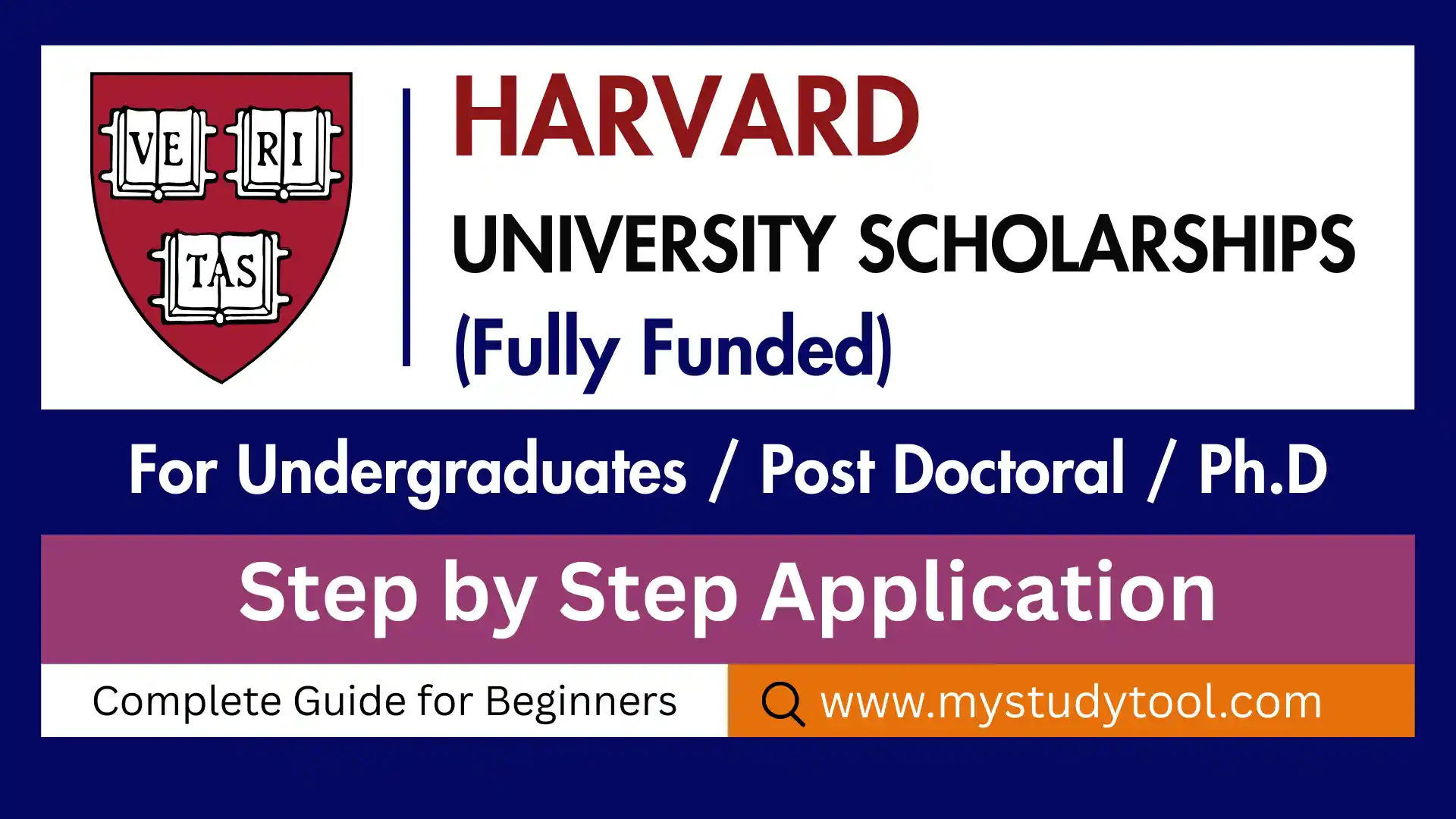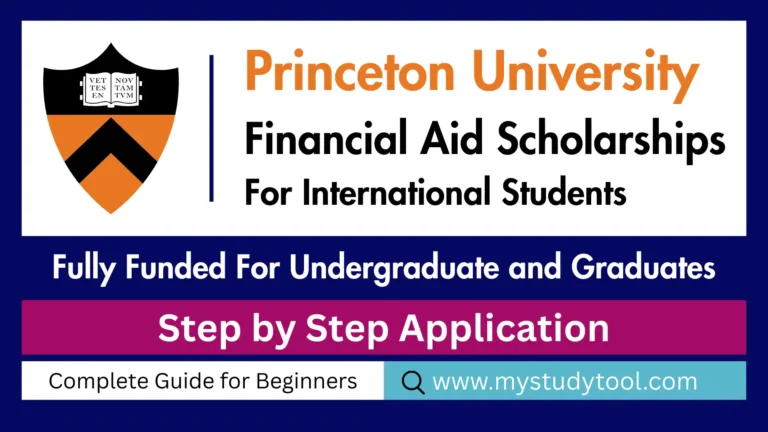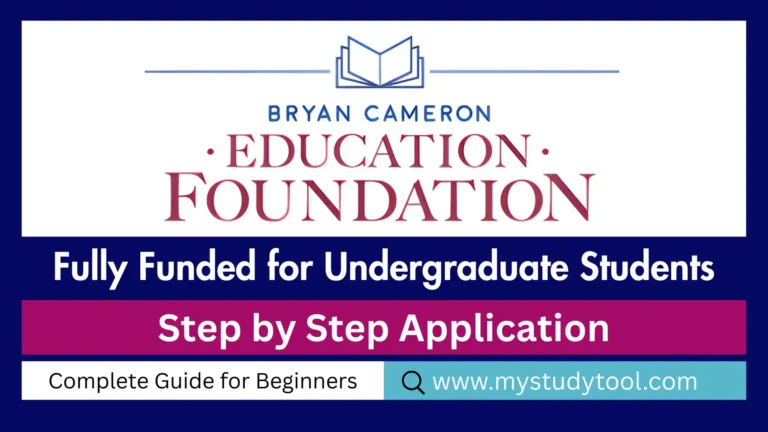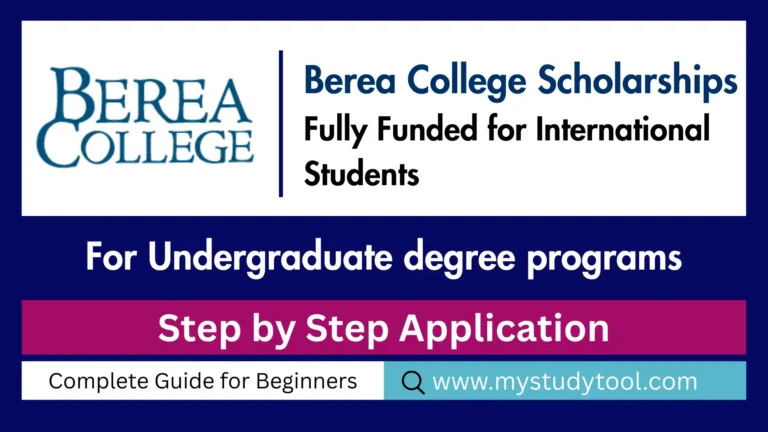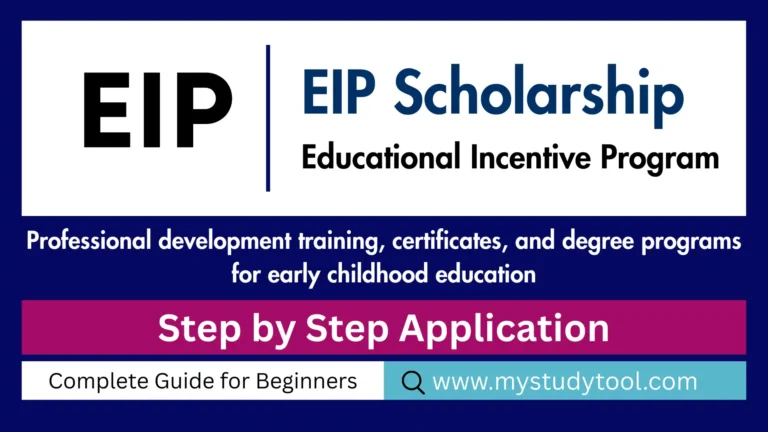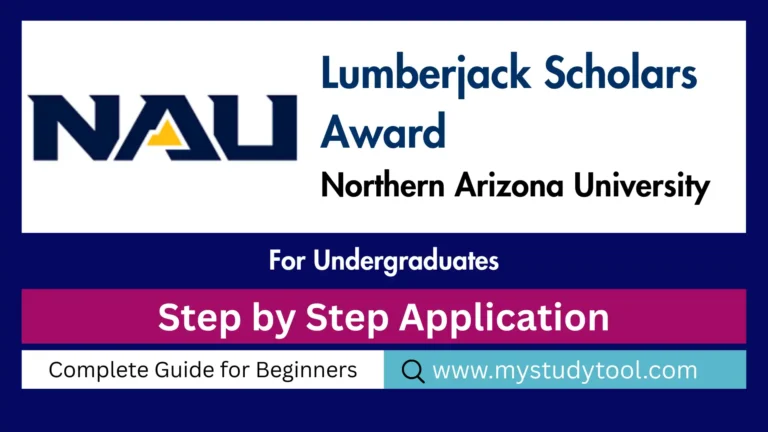Here’s the thing about Harvard University scholarships – they’re actually way more accessible than most people think. I’ve watched countless students assume they can’t afford Harvard without even checking what’s available. Actually, let me clarify something right off the bat: starting in 2026-27, families with incomes below $100,000 are not expected to contribute to the cost of their child’s education.
That’s a game-changer, honestly. Harvard University scholarships just got expanded significantly for 2026, and more than 25% of Harvard families have total incomes less than $100,000. What I’ve noticed is that many families in the $100,000-$200,000 income range don’t realize they could qualify for substantial aid, too.
The reality? Harvard University offers one of the most generous financial aid programs, with 55% of undergraduates receiving need-based scholarships and an average financial aid package of $68,700 for students receiving Harvard scholarships. So if you’re thinking Harvard University scholarships are out of reach financially, you might want to reconsider.
Also read: Simmons University Kotzen Scholarships 2026 (Fully Funded)
Scholarship Overview
Here’s what you need to know about Harvard University Scholarships landscape:
- Academic Level: Undergraduate, graduate, and doctoral programs
- Host Institution: Harvard University (Cambridge, Massachusetts)
- Country: United States
- Target Recipients: Domestic and international students demonstrating financial need
- Coverage Type: Need-based grants (not merit-based)
- Application Method: Integrated with the admissions process
- Renewal: Available for all 4 undergraduate years if need continues
- Special Programs: Enhanced aid for families under specific income thresholds
- Program Period: 4 years for undergraduate, varies for graduate programs
- Opportunity Focus Areas: All academic disciplines and majors
- Deadline: November 1st (Early Action) / February 1st (Regular Decision)
Also read: Fulbright Scholarships 2026 | Fully Funded for International Students
Harvard University Scholarships Coverage
The coverage is honestly pretty comprehensive once you understand how it works. Your financial aid package is made up of a combination of scholarship (grant) funds, student employment, and any potential outside awards.
- Full tuition and fees coverage for families earning under $100,000 annually (starting 2026-27)
- Tuition-free education for families earning up to $200,000 with typical assets
- The average scholarship amount of $68,700 per year for aid recipients
- Total annual budget is approximately $84,400, including all expenses
- Student employment opportunities typically 10-12 hours per week ($2,700 expectation)
- Summer earnings expectation varies by family circumstances
- Books and personal expenses are covered based on individual financial need
- Travel allowances for international students and those from distant states
- Health insurance coverage options are available
- Emergency financial assistance for unexpected circumstances
- Study abroad financial aid applies to approved academic programs
Also read: Yale University Scholarships 2026 (Fully Funded) for International Students.
Eligibility Criteria for Harvard University Scholarships
So here’s where it gets interesting – Harvard’s eligibility is actually broader than you’d expect. The key thing to understand is that this is 100% need-based, not merit-based (though you obviously need to get admitted first).
- Financial need demonstration through FAFSA and CSS Profile
- U.S. citizenship, permanent residency, or eligible non-citizen status (international students have the same access to aid)
- Enrollment in a degree-seeking program at Harvard College
- Satisfactory academic progress maintenance throughout enrollment
- Family income consideration, with aid available even above $200,000 for families with typical assets
- Asset evaluation, including home equity, investments, and savings (families with significant assets pay more)
- Family size factors are considered in the need calculation
- Multiple children in college increases aid eligibility
- Special circumstances like job loss, medical expenses, or divorce are considered
- Pell Grant eligibility (20% of undergraduates are Pell Grant recipients)
Also read: Gates Cambridge Scholarship for Master’s (Fully Funded)
Required Documents for Harvard University Scholarships
Actually, let me warn you – the documentation process is pretty thorough, but it’s worth it. Harvard wants a complete financial picture.
- FAFSA (Free Application for Federal Student Aid) with Harvard code E00468
- CSS Profile through College Board
- Federal tax returns for student and parents (previous year)
- W-2 forms and other earnings records
- Bank statements for all accounts
- Investment records, including 401 (k) and retirement accounts
- Business/farm records, if applicable
- Divorce decree and separation agreements if parents are divorced
- Non-custodial parent information, unless waived
- International student financial certification for non-U.S. citizens
Also read: Required Scholarship Documents: 47 Must-Have Documents
How to Apply for Harvard University Scholarships
Here’s what I tell every student: don’t overthink this process. It’s integrated with your admissions application, which actually makes things simpler.
- Submit your Harvard admissions application through the Common Application or the Coalition Application
- Complete the FAFSA using Harvard’s federal code E00468 (available late November 2024)
- File the CSS Profile through the College Board with all required documents
- Meet the financial aid deadline specific to your application track
- Submit any additional requested documentation promptly
- Update information if family circumstances change
- Accept your aid offer and complete loan entrance counseling if applicable
- Renew annually by submitting updated forms each year
Also read: Stanford University Scholarships 2026 Fully Funded
Application Deadline for Harvard University Scholarships
Okay, this is where timing gets crucial. The deadlines vary depending on how you’re applying:
Early Action Applicants: November 1st, for Restrictive Early Action candidates (financial aid application must be submitted by this date)
Regular Decision Applicants: February 1st for CSS Profile and supporting documents
FAFSA Submission: Available starting late December 2025, must be submitted by February 1st for the final aid package (Early Action applicants receive an aid estimate in mid-December)
Aid Decision Timeline: Financial aid decisions are released around April 1st for all applicants
Graduate Programs: Varies by school (Kennedy School requires applications by January 15, 2025; other graduate programs have different deadlines)
Also read: Simmons University Kotzen Scholarships 2026 (Fully Funded)
Official Website
You’ll want to go directly to Harvard’s official financial aid resources for the most current information and to start your application process. The main hub is at Harvard College Financial Aid, where you can access all the forms, calculators, and detailed guidelines.
For the actual application process, visit the Apply for Financial Aid page, which walks you through each step. Don’t forget to use the Net Price Calculator on their site – it’s surprisingly accurate and can give you a realistic estimate before you even apply.
Also, check other scholarships in the USA: Scholarships in the USA
Additional Harvard Scholarship Programs
Wait, here’s something most people don’t know – Harvard actually has specialized scholarship programs beyond just the general financial aid. These are worth mentioning:
Harvard Academy Scholars Program
This is a postdoctoral fellowship program that’s completely different from undergraduate aid. Postdoctoral Academy Scholars will receive an annual stipend of $75,000 for two-year appointments. Each year, 4 to 6 Academy Scholars are named, so it’s extremely competitive. This program is for recent PhD graduates in social sciences or law with regional expertise.
Additional Scholarship Opportunities
Beyond the main financial aid program, Harvard offers various specialized scholarships through individual departments, research programs, and donor-funded opportunities. The Office of Undergraduate Research and Fellowships coordinates over $6 million annually in funding across 40+ departments for student research opportunities.
MBA and Graduate School Aid
For business school and other graduate programs, Harvard offers need-based financial aid with different structures than undergraduate aid. Each graduate school has its own financial aid office and application process with varying deadlines and requirements.
Tips for Maximizing Your Harvard University Scholarships Chances
Actually, let me share some insider knowledge that most guides don’t mention:
- Apply Early Action if possible – while it doesn’t directly affect financial aid, it shows strong interest, and you get your aid estimate earlier
- Use the Net Price Calculator religiously – Harvard’s is more accurate than most schools because their aid is so formulaic
- Don’t assume you won’t qualify – seriously, families earning $150,000-200,000 often get substantial aid
- Submit everything on time – late financial aid applications can reduce your award significantly
- Update Harvard about changes – if your family’s financial situation changes, contact the financial aid office immediately
- Appeal if necessary – if you receive a better offer from a peer institution, Harvard will often match or improve their offer

